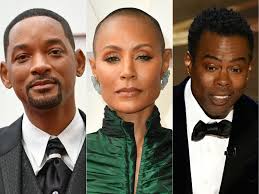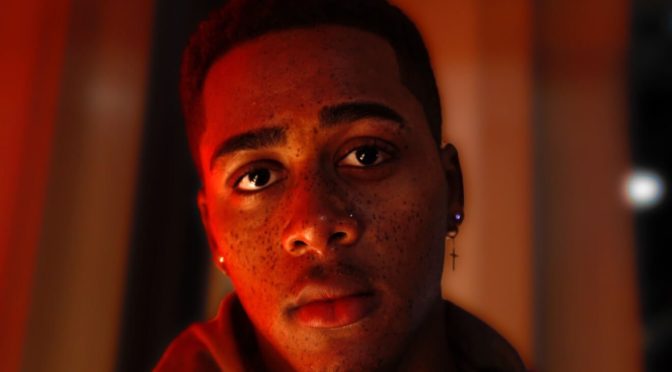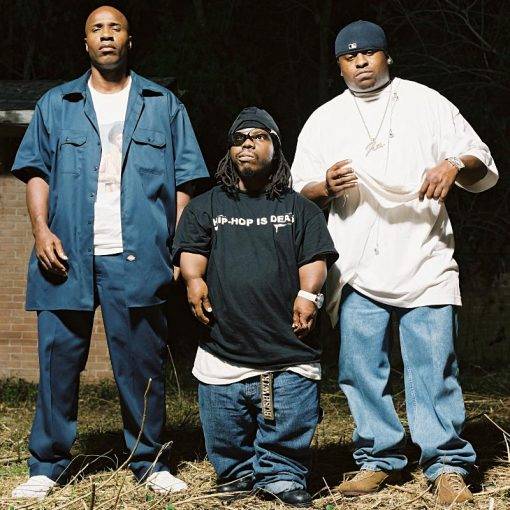There are moments when Black men find themselves in untenable situations. Ask any random Black man, and they will have no difficulty sharing personal moments that reduce to “You’re damned if you do and damned if you don’t.” Black men are living within a patriarchal society that has never fit them as well as their non-Black compatriots for reasons that are centuries old. Such realities have resulted in Black men and Black women making unanticipated adaptations as they strove to make a way out of no way.
When one considers the unique circumstances that have always faced Black men, it is unfair to place many of their failures to serve as protectors and providers within their homes on their sturdy shoulders. The latter qualification has been a sketchy proposition at best for the average Black man as the American economy transitioned from its heyday as a manufacturing giant reliant on the strength of American workers.
One could forge a reasonable argument that Civil Rights leaders pushed for racial equality without consideration of long-term economic ramifications for Black businesses and the workers whose sole means of making ends meet hinged on employment within Black America. With the benefit of hindsight, it is evident that the urge to “integrate” with a hostile White society resting on antiquated cultural norms by any means necessary did not include any consideration of its ramifications on Black America’s economic future.
The inability of Black workers to provide for their families in an economic society overwhelmingly operated by White owners is an inoperable thorn that is arguably the major irritant within Black homes. Since enslavement, Black Christians have believed that God ordains males to be “head of household.” Yet, in the post-Civil Rights and Black Power Era, a Black Man’s ability or inability to provide for and protect his family has become a prerequisite to such a revered position. Although rarely discussed, over the past century, few Black men could defend themselves, let alone their loved ones, from marauding Whites (citizens, politicians, law enforcement officers) or provide for them without some contact with White society.
The context discussed above serves as the backdrop of the sad tale that millions of Americans watch unfold between Will Smith and Chris Rock at the Academy Awards. I am confident that there is not a Black person over the age of fifty who disagrees that Will and Jada have much blame for this situation. Their accountability flows from not following the age-old advice of Black parents and grandparents that “what happens in this house remains in this house.” Even I, a casual observer who considers Will Smith’s importance his rap career and Jada Pinkett-Smith’s only relevance is her prior dealings with Tupac Amaru Shakur. I have seen these two individuals’ dealings bantered about in print media.
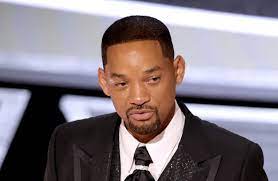
One does not need to search long to encounter Black folks who would cast Will Smith as the nice guy role who will finish last when it comes to a woman such as Jada Pinkett-Smith. Most would highlight that her previous association with the likes of Tupac and Wesley Snipes is a caution sign for a person like Will Smith. There is not much room to debate against the idea that Will Smith, with all of his accomplishments, will never descend to the levels of those mentioned above; for “nice guys” like Smith, street credibility is as elusive as an Oscar.
Therein lies an often-avoided discussion within Black America regarding the types of Black men that a segment, not all, Black men prefer that is crucial to understanding Will Smith’s actions at the Academy Awards. Far too often, Black women by-pass intelligent, respectful, and appropriate Black men in favor of males who are the personification of all that are wrong with Black America. Of course, the alluded shortcomings bleed over into their relationships and the creation/rearing of children.
Far too often, well-adjusted Black men hide their brilliance, courage, and ingenuity. This population wears the mask that Paul Laurence Dunbar writes about in his epic poem provided below.
We Wear the Mask.
We wear the mask that grins and lies,
It hides our cheeks and shades our eyes, —
This debt we pay to human guile;
With torn and bleeding hearts we smile,
And mouth with myriad subtleties.
Why should the world be over-wise,
In counting all our tears and sighs?
Nay, let them only see us, while
We wear the mask.
We smile, but, O great Christ, our cries
To thee from tortured souls arise.
We sing, but oh the clay is vile
Beneath our feet, and long the mile;
But let the world dream otherwise,
We wear the mask!
When sophistication and logic are the best options, many reasonable Black men abandon that stance in favor of vulgarity and violence. One of the primary catalysts behind such decision-making is the expectation of a demanding/domineering woman in their life, peer pressure from Black society, in general, to keep it real, etc. With ALL of his accomplishments, Will Smith found himself in this dire situation before a national audience.
Many, including Will Smith, were amused at Chris Rock’s joke about Jada Pinkett-Smith; Regina Hall began the assault on the Smith’s allegedly open marriage earlier in the show. However, as the camera panned from a grinning Will Smith to a visibly disturbed Pinkett-Smith to capture the aftereffects of the joke, her disdain amounted to a cue for her husband to do something. ANYTHING!!!!!! to please her. I hope that Will Smith’s physical assault and the verbal barrage of “Keep my wife’s name out of your mouth” met the bar.
I am sure that Will Smith, similar to so many other Black men, instantaneously realized that inaction would light a fuse that would not extinguish for months. One of the worst held secrets in Black America has been the production of “strong” domineering Black women who have somehow concluded that if a man is not a rival to Jim Croce’s “Bad, Bad, Leroy Brown… the baddest man in town,” he is not worthy of any semblance of cooperation, consideration, or respect.
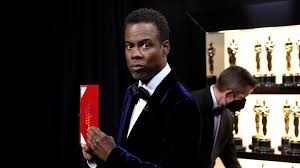
In light of such a context, Will Smith was certainly pressured into doing something out of character, if not reckless, to appease his wife. This situation resulted in one millionaire Black man physically and verbally assaulting another millionaire Black man before a gawking audience that looked on with what W.E.B. DuBois termed “amused contempt and pity.”
Although it is difficult for me to accept, far too many “nice” Black men are being ignored and discarded due to their inability or non-desire to assume the mantra of inappropriateness.
Of course, adopting a street persona pivots around a willingness to do ANYTHING at ANY TIME. Such a mindset also paves a smooth road for Black males’ arrival at disorders including, but not limited to, frustration with life, depression, and a host of other psychological problems that most will attempt to address via drugs, sexual promiscuity, and violence (physical and verbal) on others. Will Smith’s decision to “smack the shit out of” Chris Rock in defense of his wife is a classic, yet unfortunate, occasion of being “damned if you do and damned if you don’t” in the following manner.
- If Smith did not defend his wife, his “good guy” persona equates to being “soft” among Black America, solidifying him as lesser than his contemporaries.
- If Smith rises from his seat to assault Chris Rock, he risks a career he spent decades developing.
We all know the decision that Smith ultimately made. This moment exposes the unceasing pressures Black Men face at and away from home. The alluded load is an insufferable one that wears down and eventually breaks the majority of Black men who may never fully comprehend that in most situations, they are “damned if they do and damned if they don’t.” What makes this issue even more difficult for Black men is the undeniable fact that they have many corners that they must turn and a host of people relying on them.
James Thomas Jones III, Ph.D.
©Manhood, Race, and Culture, 2022
Please remember to subscribe to the Manhood, Race, and Culture YouTube Channel.
You can always contact me at ManhoodRaceCulture@gmail.com with ideas and issues that you would like to have addressed.
I would love to hear from you.
